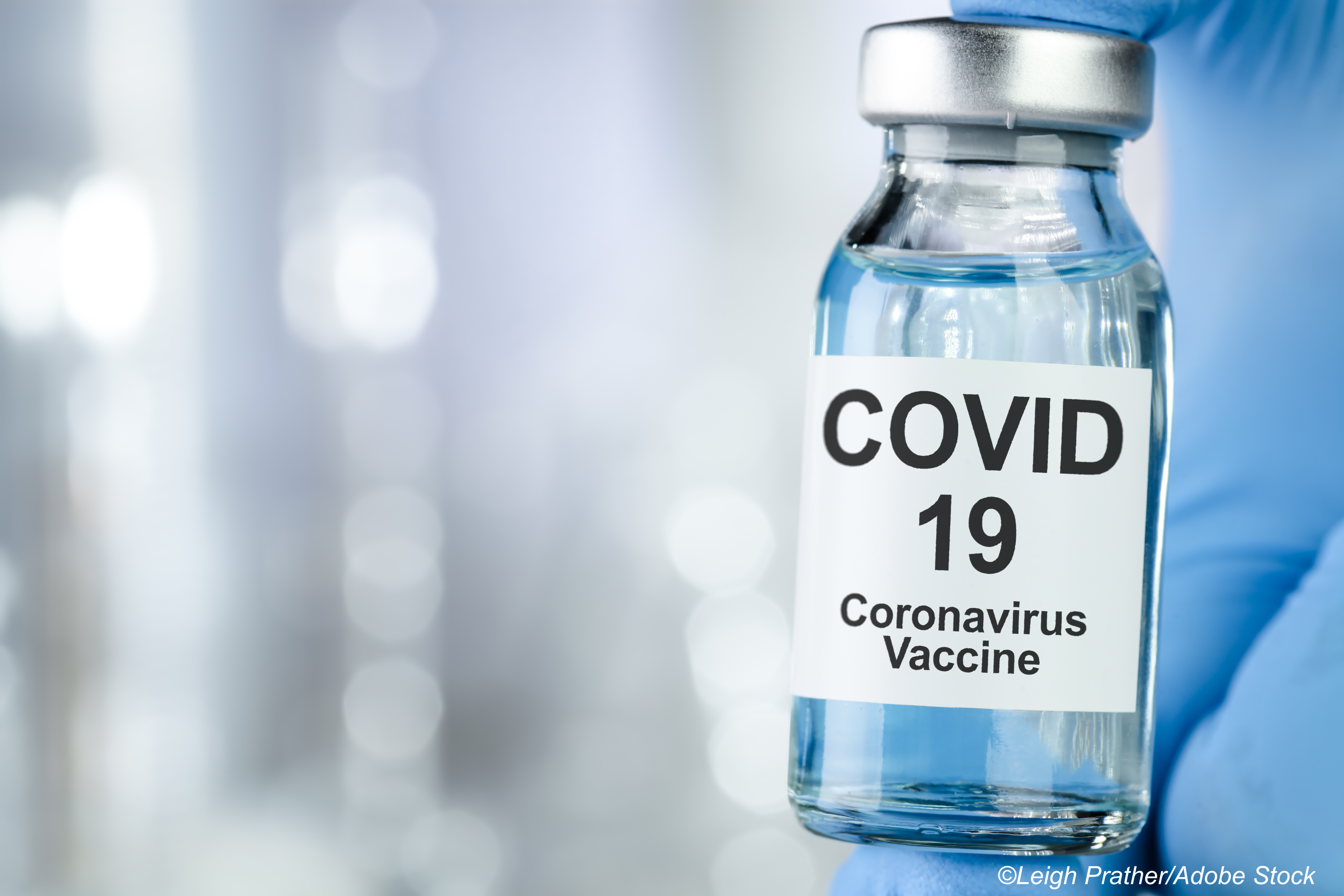
The CDC’s Advisory Committee on Immunization Practices (ACIP) voted unanimously to recommend booster doses for all currently authorized Covid-19 vaccines as permitted under the FDA’s emergency use authorizations (EUAs).
At the Oct. 21 meeting, ACIP voted “yes” on the following recommendations:
- “A single Covid-19 vaccine booster dose is recommended ≥6 months after completion of an mRNA primary series, in the same risk groups for whom CDC recommended a booster dose of Pfizer-BioNTech, under the FDA’s Emergency Use Authorization.”
- “A single Covid-19 vaccine booster dose is recommended for persons aged ≥18 years, ≥2 months after receipt of the initial Janssen dose, under the FDA’s Emergency Use Authorization.”
These votes followed less than 24 hours after the FDA granted emergency use authorizations for booster doses of both the Moderna and the J&J vaccine—under those authorizations, a half-dose of mRNA-1273 can be given at least 6 months after the primary vaccine series for individuals ≥65 years old, people ages 18-64 at high risk for severe Covid infection, and individuals ages 18-64 with frequent institutional or occupational exposure to SARS-CoV-2, while a full dose of the Ad26.COV2.S vaccine can be given to all patients ages 18 and older at least 2 months after their first shot.
And, with the flexible language of the ACIP recommendations, as well as the clinical considerations for booster dosing that would accompany the final CDC recommendations, patients and providers will be able to seek a different Covid-19 booster vaccine than that used in their primary series based on individual risk/benefit analyses or vaccine availability, as was also authorized by the FDA
ACIP emphasized that heterologous dosing is only authorized for booster dosing, not for the initial vaccine series.
To be clear, these new ACIP recommendations supersede the vote for the Pfizer/BioNTech vaccine boosters, which took place in September. Whereas that recommendation only covered the BNT162b2 vaccine, these new votes encompass all currently authorized Covid-19 vaccines.
As with the initial vaccine series, Covid-19 booster shots will be completely free to the U.S. public. And, ACIP noted, the definition of full vaccination will remain as it was before: individuals will still be considered fully vaccinated starting at least 2 weeks after completing their primary vaccine series.
When it comes to the benefits and risks of Covid-19 boosters, individuals 65 years of age and older have the clearest benefit, as evidenced by waning vaccine efficacy in these individuals. But the risk/benefit analysis gets trickier when looking at younger patients, who have largely maintained vaccine efficacy—and, while the risks for thrombosis with thrombocytopenia syndrome post-vaccination in females 18-49 years with the J&J vaccine and myocarditis in males ages 12-30 years with the mRNA vaccines are both relatively low, they are also difficult to ignore.
Several meeting participants noted that it is precisely these risks for adverse events post-vaccination that make the idea of heterologous booster dosing so valuable.
American Medical Association (AMA) representative Sandra Adamson Fryhofer, MD, of Emory University School of Medicine in Atlanta, praised the decision to allow for heterologous boosting: “I love that we have the mix-and-match options. It gives us the flexibility we need for effective and efficient vaccine implementations, including flexibility on which product to use when we have patients who might prefer a certain product, and also considering their specific risk factors.”
However, despite committee members expressing approval for the heterologous booster strategy, some members voice lingering concerns over the authorizations for Covid-19 boosters, particularly as they pertain to younger adults.
“I’m bothered by several things,” Sarah S. Long, MD, of St. Christopher’s Hospital for Children in Philadelphia, told the rest of the committee. “One is that we continue to say that our decisions should be supported by the best available science. And yet, what available evidence is there that people under the age of 50 should receive a booster?”
This point echoed the ACIP’s previous consensus regarding the earlier vote on recommendations for booster doses of the Pfizer/BioNTech vaccine, in which the committee voting 9 to 6 against recommending the extra shots for individuals 18-64 years with institutional and occupational risk for exposure, citing a lack of clear evidence for benefit. That decision was overruled less than 24 hours later in a late-night decision from CDC director Rochelle Walensky.
John McKenna, Associate Editor, BreakingMED™
Cat ID: 31
Topic ID: 79,31,730,933,31,926,192,927,151,928,925,934


